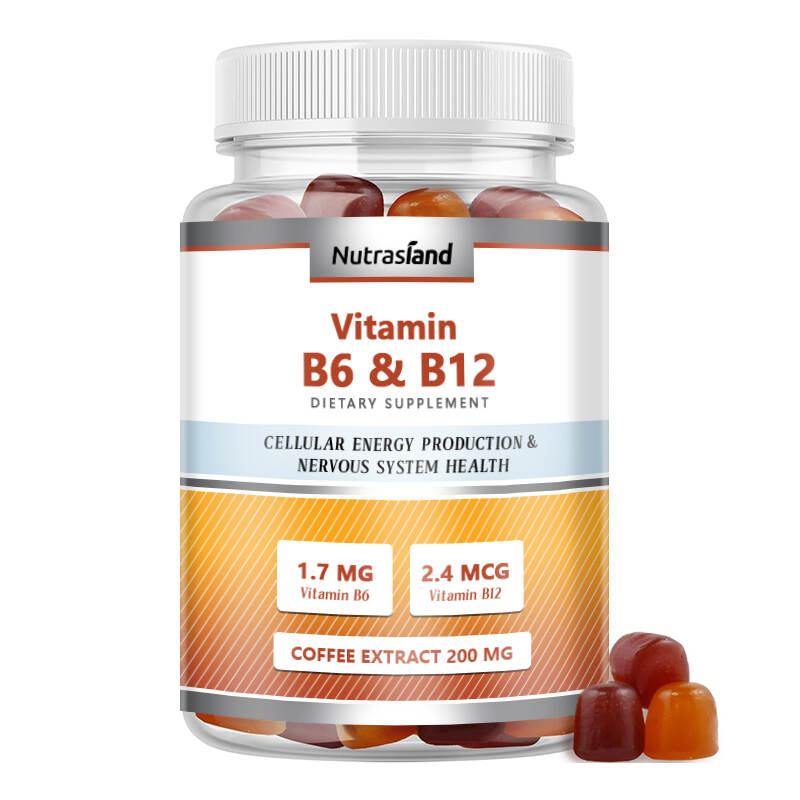Email format error
Email cannot be empty
Email already exists
6-20 characters(letters plus numbers only)
The password is inconsistent
Email format error
Email cannot be empty
Email does not exist
6-20 characters(letters plus numbers only)
The password is inconsistent


Best Vitamins for Good Health: A Comprehensive Guide
Maintaining good health is a priority for many, and ensuring your body gets the right vitamins is essential to achieving this goal. Vitamins play a pivotal role in supporting various bodily functions, boosting immunity, and promoting overall well-being. In this guide, we will explore the best vitamins for good health, their benefits, and how to incorporate them into your daily routine.
Why Are Vitamins Important for Good Health?
Vitamins are organic compounds that our bodies need in small amounts to function properly. They are crucial for processes such as energy production, immune defense, and cell repair. Without adequate vitamin intake, the body can become susceptible to illnesses, fatigue, and long-term health complications.
The Best Vitamins for Good Health
1. Vitamin D: The Sunshine Vitamin
Vitamin D is essential for bone health and calcium absorption. It also supports immune function and reduces inflammation. A deficiency in Vitamin D can lead to weak bones, fatigue, and a compromised immune system.
Sources:
-
Sunlight exposure
-
Fatty fish like salmon and mackerel
-
Fortified dairy products and cereals
Daily Recommendation: 600-800 IU for most adults
2. Vitamin C: The Immunity Booster
Vitamin C is well-known for its immune-boosting properties. It also promotes collagen production, aids in iron absorption, and acts as a powerful antioxidant.
Sources:
-
Citrus fruits like oranges and grapefruits
-
Bell peppers
-
Strawberries and kiwi
Daily Recommendation: 75-90 mg for adults
3. Vitamin B12: The Energy Enhancer
Vitamin B12 is critical for red blood cell formation and neurological function. It helps convert food into energy and is especially important for individuals following a vegetarian or vegan diet.
Sources:
-
Meat, poultry, and fish
-
Eggs and dairy products
-
Fortified plant-based foods
Daily Recommendation: 2.4 mcg for adults
4. Vitamin A: The Vision Protector
Vitamin A is essential for good vision, skin health, and a strong immune system. It also plays a role in maintaining healthy organs.
Sources:
-
Sweet potatoes
-
Carrots
-
Spinach and other leafy greens
Daily Recommendation: 700-900 mcg for adults
5. Vitamin E: The Skin Savior
Vitamin E is a powerful antioxidant that protects cells from damage. It promotes healthy skin, supports immune function, and may reduce the risk of chronic diseases.
Sources:
-
Nuts and seeds
-
Spinach and broccoli
-
Vegetable oils
Daily Recommendation: 15 mg for adults
6. Vitamin K: The Blood Clotting Agent
Vitamin K is crucial for blood clotting and bone health. It helps the body use calcium effectively and prevents bone-related disorders.
Sources:
-
Kale and spinach
-
Broccoli
-
Soybeans
Daily Recommendation: 90-120 mcg for adults
How to Ensure Adequate Vitamin Intake
Eat a Balanced Diet
Consuming a variety of fruits, vegetables, whole grains, lean proteins, and healthy fats ensures you get a wide range of vitamins.
Consider Supplements
For individuals with dietary restrictions or specific health conditions, vitamin supplements can help fill the gaps. Always consult a healthcare provider before starting any supplements.
Stay Hydrated
Water-soluble vitamins like Vitamin C and B-complex require adequate hydration for optimal absorption.

Common Myths About Vitamins
Myth 1: More is Always Better
Taking excessive amounts of vitamins can lead to toxicity and adverse health effects. Stick to recommended daily allowances.
Myth 2: Natural Sources Are Always Superior
While natural sources are excellent, fortified foods and supplements can be equally effective for meeting vitamin needs.
Conclusion
Incorporating the best vitamins for good health into your diet is a straightforward way to boost your well-being. Whether through natural sources or supplements, ensuring adequate vitamin intake supports your body's vital functions and keeps you feeling your best. Make these vitamins a part of your daily routine to pave the way for a healthier, more vibrant life.

